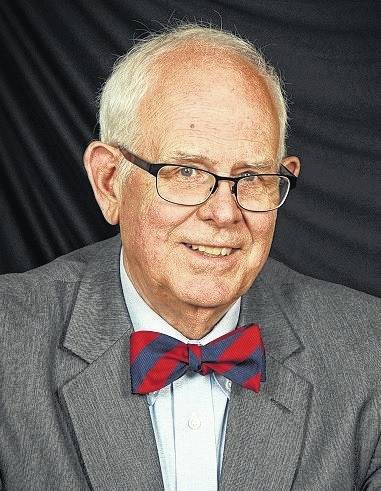This week was Sunshine Week, not that we saw a lot of it, either meteorologically or metaphorically. What we got for the start of the week was dark clouds, some wind and even snow. Some might say it was symbolic of a week designated to shine the light on the need for open government. There is too much public business in Washington, Raleigh and local governmental units conducted in the dark.
While our Constitution doesn’t specifically guarantee transparency in government, it is a longstanding tradition that every citizen has access to government documents and information about actions taken by public bodies, especially actions taken in closed-door sessions. But there is an ever-widening gap between the theory and the practice. It is frustrating when you request public records from your government and those requests go months without response or, as is often the case, documents you receive are heavily redacted on grounds that they contain personal, sensitive or proprietary information.
Either you believe in open government or you don’t and in North Carolina there’s evidence that we don’t. It begins with our General Assembly that, like those in other states, passed public records laws, then exempted themselves from being bound by them and conducts far too much business behind closed doors. How can they possibly convince state agencies, school boards, municipal governments and other public bodies of the importance of public access to records and minutes of closed-door meetings even they aren’t willing to abide by? But government in the dark isn’t exclusive just with our legislature.
There are about 10 permissible reasons why these public boards can legally go into closed session. Certainly, when discussing personnel issues, negotiating sensitive details of contracts and dealing with proprietary or time-sensitive data are among them. But when they do, it is required that minutes of those meetings be kept in such a way that most people can understand why the session is closed and what actions were taken. There’s proof that both impermissible meetings (that don’t fit the criteria) and a lack of minutes occur regularly.
Ten reputable newspaper, TV and radio newsrooms proved this by simultaneously requesting minutes from the 2017 “closed” sessions of 50 public bodies at the local and state level. Two months after the request, one refused outright to provide information, more than a dozen had not responded to the requests and others provided minutes of some, but not all such meetings. Some submitted versions that were heavily redacted or with little information. Some excused their tardiness due to personnel shortages and backlogs. Some responded by just not responding.
If you believe that government functions best when it operates in the open, then it behooves all of us to insist that those we elect and appoint abide by this belief. We know that the news media has come under fierce attack, especially in recent months, and perhaps some of it may be deserved. But our nation has survived for more than 200 years because we had a free press that gave citizens information about their government.
In an era when many don’t trust government leaders or agencies, the best way to build or restore that trust is to shine light on the actions being taken.
Sunshine shines light on the good and the bad. We need more sunshine in government.
Tom Campbell is former assistant North Carolina State Treasurer and is creator/host of NC SPIN, a weekly statewide television discussion of NC issues airing on UNC-TV. Contact him at www.ncspin.com.

